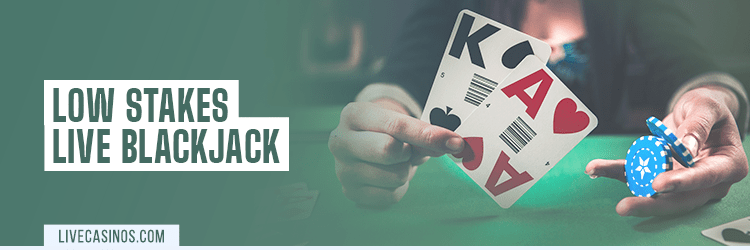So let’s turn our attention to better money-management systems.
These, of course, mean those that increase your bets when you´re winning, not losing. The first thing to look for when playing roulette is a wheel that has only one “0”. The standard roulette wheels with “00” will take your money twice as fast as the house edge is exactly twice as much. It’s one of the fundamental rules of playing roulette – never play the American variant.
The next thing to decide is whether to play the inside-number bets or the outside proposition bets such as red-black and even-odd. Since most roulette players playing the inside numbers tend to make their bets haphazardly without much forethought, I would go with the outside prop bets.
The idea is to take advantage of streaks when they come—and they will.
However, you must do so with a somewhat conservative attack, which is to say you cannot keep letting your winning bet ride over and over again because the streak will sooner or later end, usually sooner. Imagine if you win eight bets in a row while letting it ride, only to lose it all when the ninth bet loses.
I have studied and even played several positive-progression roulette systems and my favorite is the 1-3-2-6. This means a progression in exactly those numbers of units over four winning bets. Each time a losing bet happens, you return to one unit.
Example – Red/Black
Let´s take the red-black proposition into account.
Your first bet is $5 on red. If you lose, you bet $5 again. If you win, you progress to $15, which is 3 units. If that bet loses, you go back to $5. If it wins you decrease to $10, which is 2 units. If you win again, you shoot up to $30, which is the maximum 6-unit bet.
Whether that bets wins or loses, you return to a $5 bet because the 1-3-2-6 cycle is over. If you win four consecutive bets, you take down a profit of 12 units, which is 3 units per bet average. If you lose the last bet, you break even for the cycle. If you lose the third 2-unit bet, you take down 2 units for the cycle.
Thus the only negative outcomes are when you lose the first or second bets, which sets you back $5 and $10 respectively.
Conclusion
Not losing ar roulette comes down to three essential things:
- Always play a European wheel
- Carefully manage your money
- Rely on positive betting systems instead of ones with negative progression
There are many other positive-progression systems and they all work more or less the same way. Whichever you choose is FAR better than any negative-progression system. So my final encouraging advice to you is “Be POSITIVE when playing roulette!”


































 Roulette
Roulette
 Blackjack
Blackjack
 Baccarat
Baccarat
 Poker
Poker
 Sic Bo
Sic Bo
 Dragon Tiger
Dragon Tiger
 Game Shows
Game Shows  Top 5 Games
Top 5 Games  See more
See more  Roulette Casinos
Roulette Casinos  Low Limit
Low Limit  High Limit / VIP
High Limit / VIP  Exclusive
Exclusive  How to Play
How to Play  Basic Strategy
Basic Strategy  Top Tips
Top Tips  FAQ
FAQ  Blackjack Casinos
Blackjack Casinos  Baccarat Casinos
Baccarat Casinos  Bonuses
Bonuses  Poker Casinos
Poker Casinos  Game Providers
Game Providers  Sic Bo Casinos
Sic Bo Casinos  Dragon Tiger Casinos
Dragon Tiger Casinos  Credit and Debit Card
Credit and Debit Card  e-Wallet
e-Wallet  Cryptocurrency
Cryptocurrency  Bank and Checks
Bank and Checks  Pay by Phone and SMS
Pay by Phone and SMS  See more
See more  How-To Guides
How-To Guides  Top Lists
Top Lists  In-Depth
In-Depth  Strategy
Strategy  Casino & Games
Casino & Games  Insight
Insight  News
News  Promotions
Promotions 
 Guide to Live Casinos
Guide to Live Casinos  Top 10 Live Casino Tips
Top 10 Live Casino Tips  FAQ & Help
FAQ & Help  Meet The Dealers
Meet The Dealers  Our Awards
Our Awards  Responsible Gambling
Responsible Gambling 





































 ENG
ENG 






 Facebook
Facebook
 Pinterest
Pinterest
 Twitter
Twitter
 LinkedIn
LinkedIn
 Copy Link
Copy Link 



























